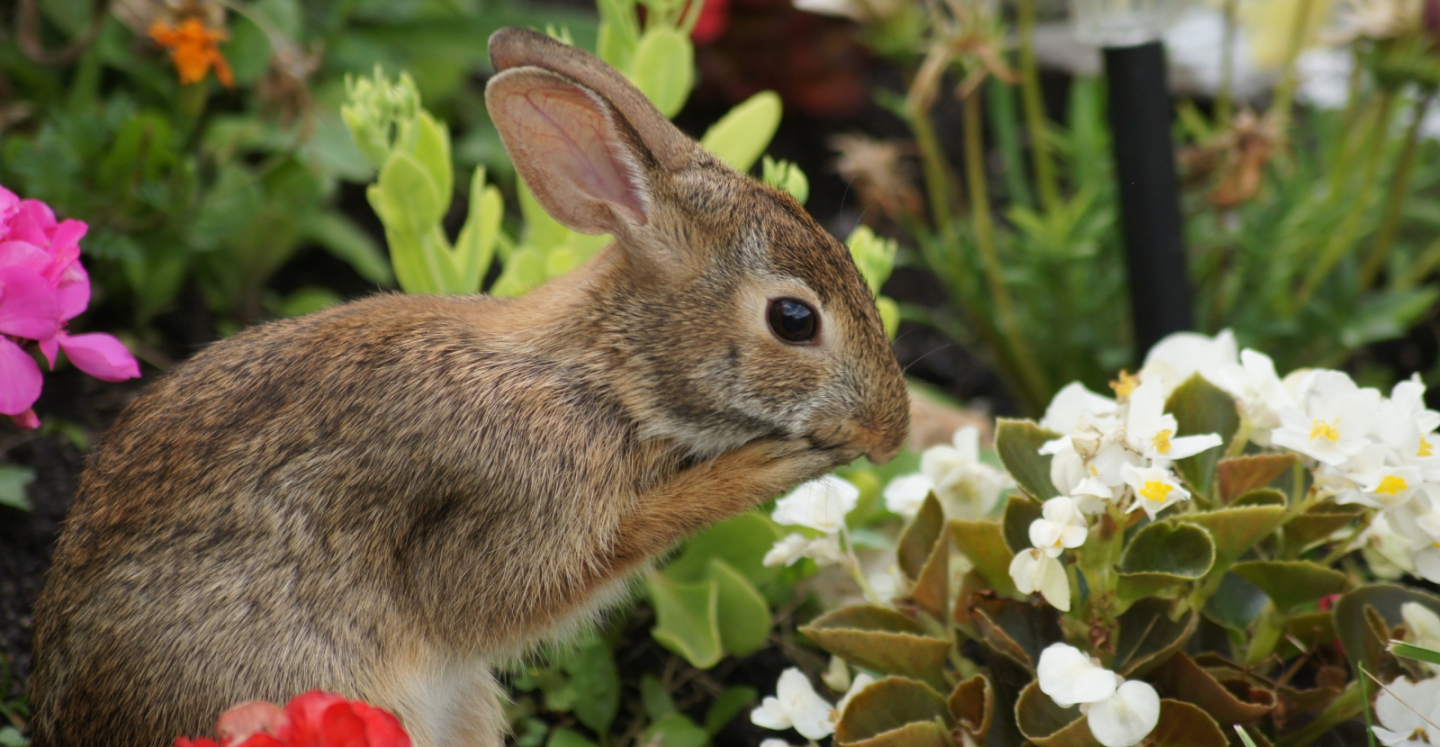Do Rabbits Eat Poppy Flowers?
Rabbits are known for their voracious appetite, and it’s not uncommon for them to nibble on various plants in their environment. One plant that may catch their attention is the poppy flower. However, whether or not rabbits actually eat poppy flowers is a matter of debate. Let’s take a closer look at this intriguing question.

1. Rabbit Diet and Eating Habits
Before diving into the topic, it’s important to understand the general diet and eating habits of rabbits. Rabbits are herbivores, which means they primarily feed on plant material such as grass, leaves, stems, and roots. Their digestive system is designed to process these fibrous foods, and they have continuously growing teeth to help them grind down plant matter.
2. Poppy Flowers: An Attractive Delicacy?
Poppy flowers are known for their vibrant colors and delicate petals. Their distinct appearance can make them an appealing target for rabbits. However, the consumption of poppy flowers by rabbits is not commonly observed. Rabbits tend to prefer grasses and leafy greens, which provide them with the necessary nutrients and fiber they need to thrive.
3. Toxicity Concerns
One reason why rabbits may avoid eating poppy flowers is due to their potential toxicity. Certain species of poppies contain alkaloids, which can be toxic to animals if ingested in large quantities. The alkaloids in poppies can have sedative effects and can potentially cause respiratory distress or even death. It is believed that rabbits have an innate instinct to avoid consuming plants that may be harmful to them.
Rabbits tend to prefer grasses and leafy greens, which provide them with the necessary nutrients and fiber they need to thrive.
4. Other Factors that Deter Rabbits
In addition to potential toxicity, there are other factors that may deter rabbits from eating poppy flowers. Rabbits are selective eaters and have specific preferences when it comes to food. They tend to favor foods that have high water content and are low in calories. Poppy flowers, on the other hand, do not offer significant nutritional value for rabbits and may not meet their dietary needs.
5. Rabbits and Garden Protection
If you’re concerned about rabbits damaging your poppy flowers or other prized plants in your garden, there are several measures you can take to protect them. Here are some suggestions:
Install fencing or barriers around your garden to prevent rabbits from accessing the plants.
- Use natural deterrents such as strong-smelling plants or predator urine, which can help keep rabbits away.
- Consider planting rabbit-resistant flowers and shrubs, such as marigolds or lavender, which rabbits tend to avoid.
- Use repellents specifically designed to deter rabbits, following the instructions carefully to ensure the safety of both the rabbits and your plants.
Frequently Asked Questions (FAQs)
Are all species of poppies toxic to rabbits?
No, not all species of poppies are toxic to rabbits. However, it is best to err on the side of caution and prevent rabbits from accessing poppy flowers.
Can rabbits eat the leaves or other parts of poppy plants?
The leaves and other parts of poppy plants may also contain alkaloids and can be potentially harmful to rabbits. It is advisable to keep rabbits away from all parts of the poppy plant.
What are the signs of poppy poisoning in rabbits?
If a rabbit has ingested toxic amounts of poppies, it may exhibit symptoms such as lethargy, difficulty breathing, loss of appetite, or convulsions. If you suspect poppy poisoning, seek immediate veterinary assistance.
Can rabbits consume any flowers?
While rabbits can eat certain flowers, it is important to research and ensure that the flowers you offer are safe and suitable for their consumption. Some safe flower options for rabbits include roses, pansies, and dandelions.
In conclusion, it is unlikely that rabbits will eat poppy flowers due to their dietary preferences and potential toxicity. However, taking precautions to protect your plants and ensuring your rabbits have a proper diet and suitable plant options will help promote their well-being.
Related Articles…
Copyright Notice:
The images displayed here are sourced from the internet, with copyrights held by respective owners. For removal of any copyrighted image, please email us.